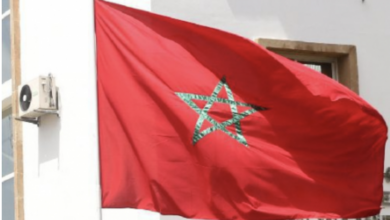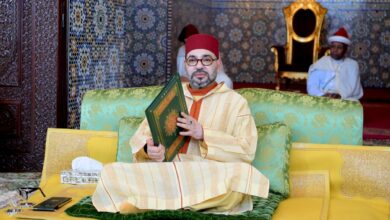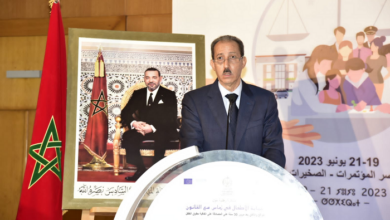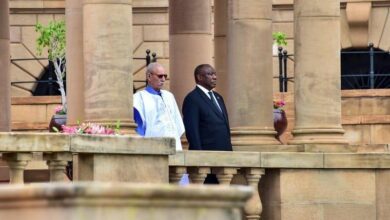The Algerian Regime Responds to the Death of Its Officers in Iran with a Crude Forgery Targeting Morocco
The Algerian Regime Responds to the Death of Its Officers in Iran with a Crude Forgery Targeting Morocco

Aldar / Analysis
Just days after reports emerged about the death of several Algerian officers in Iran following an Israeli airstrike, the Algerian propaganda machine launched a new media ploy: the circulation of a forged document falsely attributed to the Moroccan Liaison Office in Tel Aviv. The document claims that Moroccan officers were killed in an Iranian strike on an Israeli military base.
Widely circulated on social media, the document lacks even the most basic elements of credibility, both in form and content. It bears a fake “secret” stamp in a desperate attempt to lend it an official appearance. The document alleges that Moroccan officers died while participating in joint military drills with the Israeli army — a claim that is completely unfounded and unsupported by any official source.
What’s particularly telling is that this “document” did not appear in isolation. It is clearly a reaction to media leaks about the deaths of Algerian officers in unclear circumstances following an Israeli strike in Iran — an event that seems to have caused significant embarrassment for the Algerian regime. Rather than clarify the facts or address the issue transparently, the regime once again chose to resort to fabrication and misinformation, shifting the spotlight toward Morocco.
Once again, Algeria proves that its political discourse toward Morocco is rooted not in facts, but in fiction and deception. Even the attempt to mimic the format and style of official Moroccan diplomatic correspondence failed miserably, exposed by glaring grammatical and structural errors, as well as by the use of seals and stamps that bear no resemblance to any authentic official document.
The objective behind this fake is obvious: a desperate attempt to manufacture a counter-narrative after the exposure of the deaths of Algerian officers in Iran. But the document is also part of a broader campaign aimed at undermining Morocco’s image and standing, particularly amid a complex and tense regional context.
What the authors of such fabrications fail to grasp is that repeated recourse to these tactics only erodes their own credibility — reinforcing the notion that those who resort to lies have already lost the argument.





